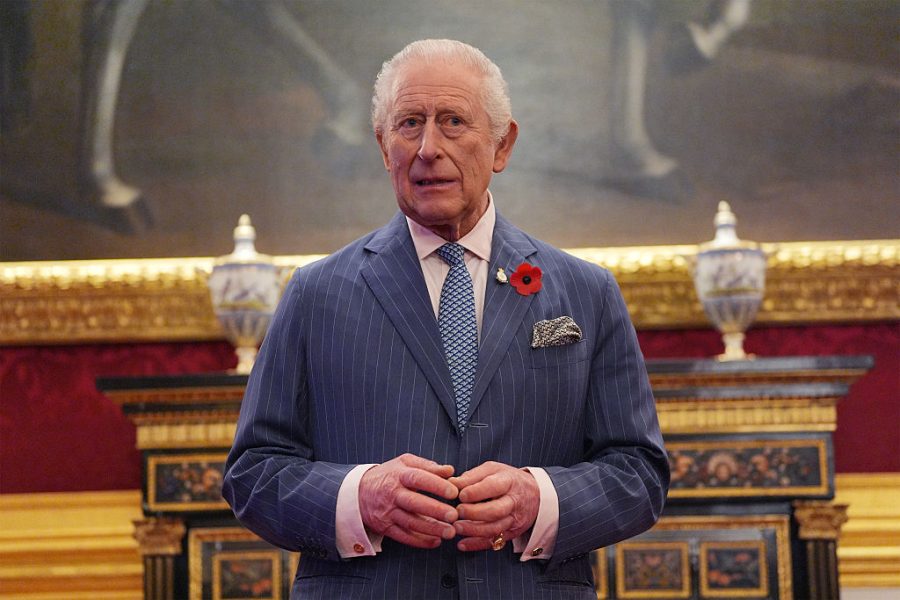News headlines about a Labour council banning fireworks to avoid upsetting baby pandas are certainly eye-catching. It’s true that Edinburgh city council has banned fireworks in nine neighbourhoods between Halloween and November 9, after the death of a baby red panda and its mother in Edinburgh Zoo last year were linked to the din of fireworks.
The Edinburgh bans are an overdue acknowledgement of the long-term consequences of short-term thrills
But it’s also true that Edinburgh originally banned fireworks in four areas in August last year, months before the pandas met their maker. The council has now voted to extend the bans in those areas and introduce a set of bans in five new areas, including where the zoo is based.
Besides, the new bans were introduced after local residents were invited to apply for their neighbourhoods to become firework-free – and the public consultation found ‘overwhelming support’ for new bans, said the council.
I’ve noticed this support growing in recent years. For a lot of people, a driving factor is that fireworks actually cause a lot of suffering to animals and the environment. It’s known that pets are often freaked out by sudden loud bangs and flashes. A poll found that 62 per cent of dogs show signs of distress during fireworks and this can lead to heart attacks, or the dogs running in panic and being hit by cars. No wonder the RSPCA found that 55 per cent of pet-owners ‘dread the fireworks season’.
But it’s not just household pets that suffer, as I discovered when I looked through the horror stories. A horse was so terrified by a firework display that he twisted his gut and galloped round a field in terror before dying. Vets said he suffered alone for 14 hours before he died. Another was found dead, tangled in wire, after he attempted to flee from the din of a local display.
In Lincolnshire, a horse was so upset she jumped out of her field and was struck by a car on the A57. A four-month-old colt was put to sleep after he was driven ‘insane’ by the noise of fireworks.
Frightened pregnant farm animals have been known to miscarry, and hedgehogs nest in bonfires before they are lit and end up being burned alive. Panicked birds fly too far out to sea, eventually collapsing into the waves, or injure themselves when they fly into buildings. When debris from fireworks lands in rivers and lakes, fish, ducks and swans sometimes ingest the toxic ingredients and are poisoned to death.
More importantly to some, a lot of human beings also suffer. Some of our former servicemen and women have a hard time on bonfire night because the sudden explosions remind them of the battlefield. The whistles and crackles and smell of smoke are also evocative. Charities that work with veterans with PTSD report a higher rate of distress during firework season.
The Alzheimer’s Society said that people with dementia suffer because loud noises can confuse or scare them, and care home workers say that elderly residents can be startled or anxious when they hear fireworks.
The tide is turning. A YouGov survey found that the 54 per cent of Brits support a total ban on the sale of the fireworks to the public, and a million Brits signed a petition calling for tighter regulations on fireworks. Sainsbury’s has already stopped selling them.
It’s true that some people like fireworks, and it’s true that not every pet or wild animal will have a problem because of them. Our spaniel, Harry, barely seems to notice the excitement most years, even though he’s fully aware of every squirrel scurrying about the garden and every pigeon resting on the fence.
We’re all irritated by different things, and if the bans were really about protecting a couple of pandas, I would understand if people found it a bit nanny state. But in truth, the Edinburgh bans are an overdue acknowledgement of the long-term consequences of short-term thrills.
The ‘woos’ of spectators rarely sound convincing, so I suspect that even people who like fireworks don’t like them that much. Surely the momentary, mediocre pleasure that fireworks bring to their fans aren’t worth the distress and death that they also cause?








Comments